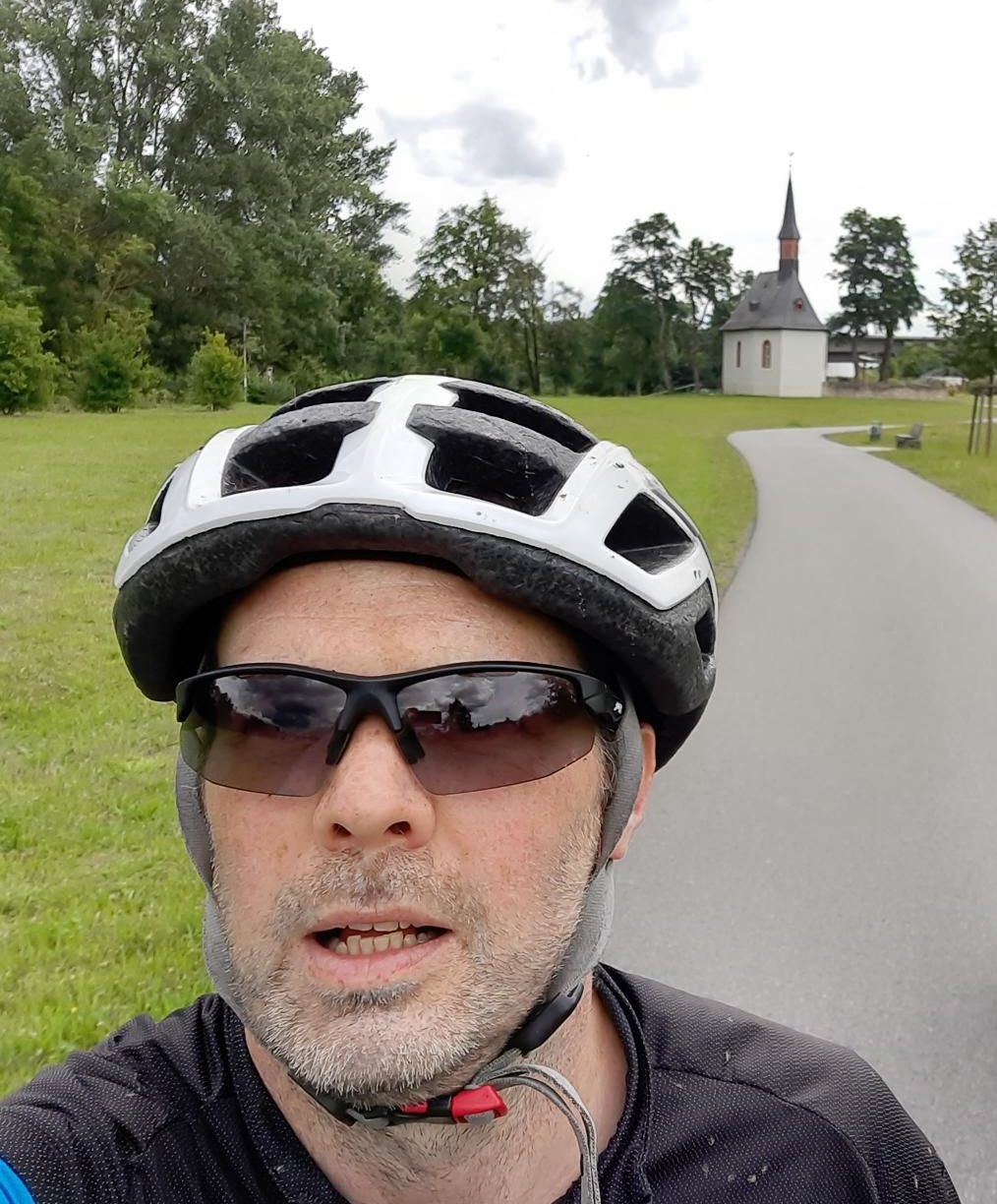About Sport Psychology
What is sport psychology ?
Sport psychology helps athletes to improve their performances.
To overpass setbacks also, whatever the cause may be.
Up to now, sport psychology is mainly used by professional athletes. Though, amateur athletes face the same issues, eventually at different degrees.
Some amateurs want indeed to improve their performances, through training, material, nutrition, and mind preparation.
Some amateurs face difficulties to overpass setbacks: even if sport is not a daily job, it can be a daily passion, for which much is given and from which much pleasure may appear.
... As well as suffering...
Sport amateur can indeed experiment suffering, being setbacks, injuries, accidents or any other reasons such as addictions.
Sport amateur's social environment can also meet hardships : families, for instance, often have to deal with time consuming sport activities, financial priorities, nutrition choices, etc.
Sport is good. But sport can be mentally difficult. And sport can raise torments.
These challenges can be better managed with the help of sport psychologists.
Sport can also be helpful in the management of mental health issues, as prevention, relapse prevention, or even as a complementary tool in a treatment phase.
Physical activity is indeed known to have beneficial effects on depression, anxiety and post-traumatic stress disorder. These same issues, such as depression, can themselves be related to situation such as elderly age or to medical conditions such as obesity, coronary heart disease, breast cancer and COPD (INSERM, 2019), Parkinson, etc.
In patients with mild to moderate depression, a combined physical activity program (endurance and muscle building) over 3 months is as effective as drug therapy or psychotherapy on depressive symptoms and remission rate.
The results are equivalent when physical activity is performed alone or in combination with drug treatment. However, at 6 months of follow-up after the end of treatment, among patients in remission, the recurrence rate will be lower in patients treated solely by physical activity, compared to those treated with a drug or combination drug and physical activity.
The mechanisms of action of physical activity are neurobiological, cognitive and psychosocial, as well as placebo. Physical activity distracts the patient from negative thoughts and promotes positive thoughts and emotions, self-efficacy, self-esteem and esteem for others, and greater social inclusion (SNI, 2010).
These issues can be tackled with the help of sport psychologists.
Accountability
Respect
Safety

About me
Hey ! I'm Seb, founder of Bilberry Health.
Basically, I was meant to be.
I love sport and I have a strong experience related to (mental) healthcare.
Of course I'm on Strava!
I'm a bicycle enthusiast and I have ridden thousands of kilometers across Europe. I also enjoys sailing, although an accident led me to reduce this activity. And whenever possible, I indulge in hiking with family and friends.
Basically, I was meant to be.
I love sport and I have a strong experience related to (mental) healthcare.
Of course I'm on Strava!
I'm a bicycle enthusiast and I have ridden thousands of kilometers across Europe. I also enjoys sailing, although an accident led me to reduce this activity. And whenever possible, I indulge in hiking with family and friends.
I hold a Master's degree in Human Sciences and bring over 20 years of experience in health support, mental healthcare, addiction treatment, and addressing work incapacities.
I'm not a sport psychologist but I'm used to interact with clinicians, patients and employers.
Affordability
Bilberry wants to be easy to access to. We guarantee this with low fees and exclusively on line tools. Just share your target and your availability, and we will work from there.
Professionals
Bilberry only works with recognized sport psychologists.
These sport psychologists have a diploma in psychology and an experience or an academic background in sport.
Bilberry only works with recognized sport psychologists.
These sport psychologists have a diploma in psychology and an experience or an academic background in sport.
Security
We do not play with security.
We work with Infomaniak, a web and suite provider based in Switzerland. Infomaniak respects Swiss regulations and is compliant with European ones such as RGPD. Moreover, Infomaniak is ethic and as ecologic as possible. performance, health condition, satisfaction
Enhance yourself.
